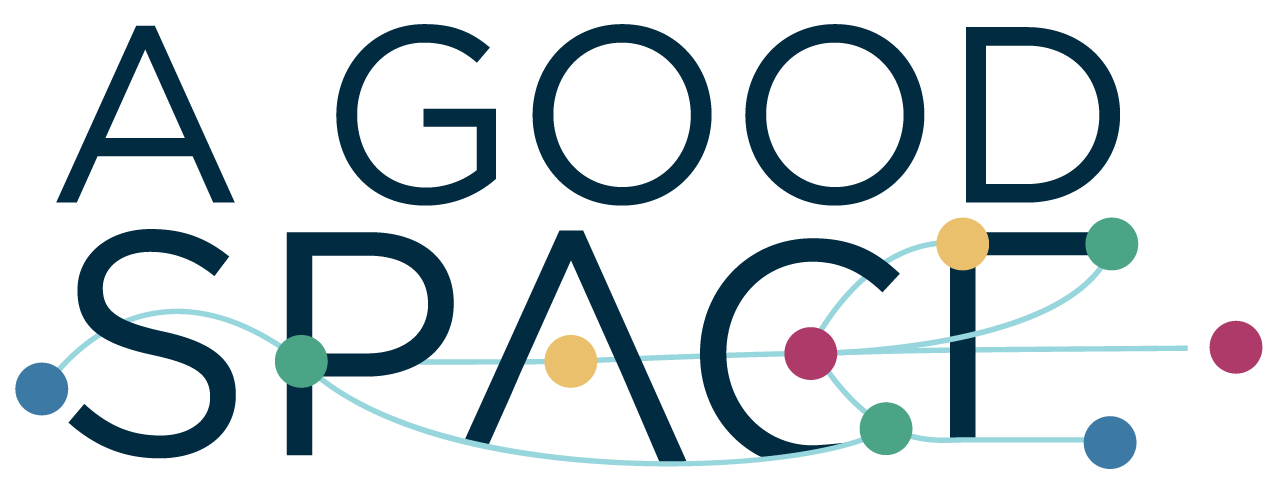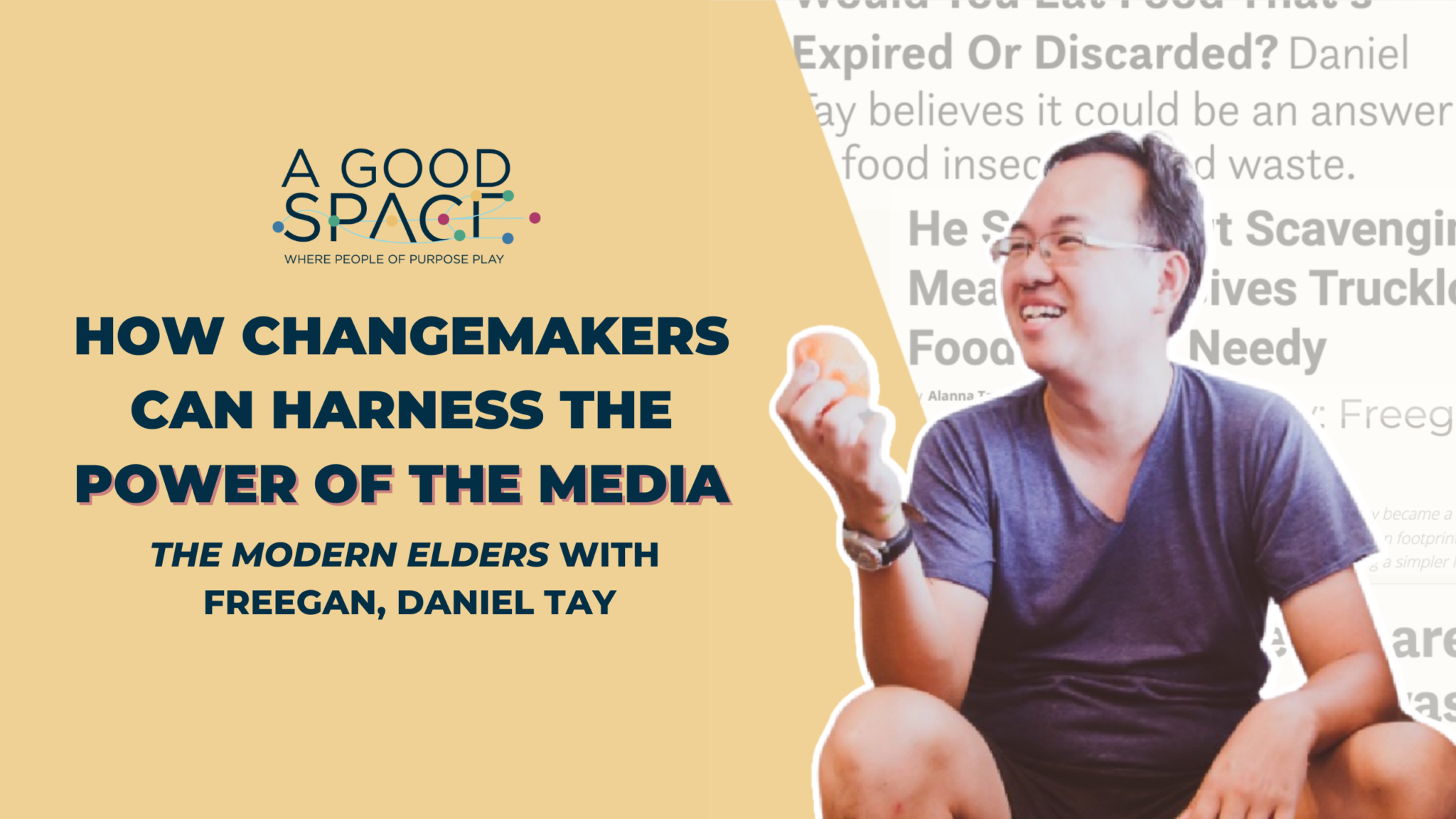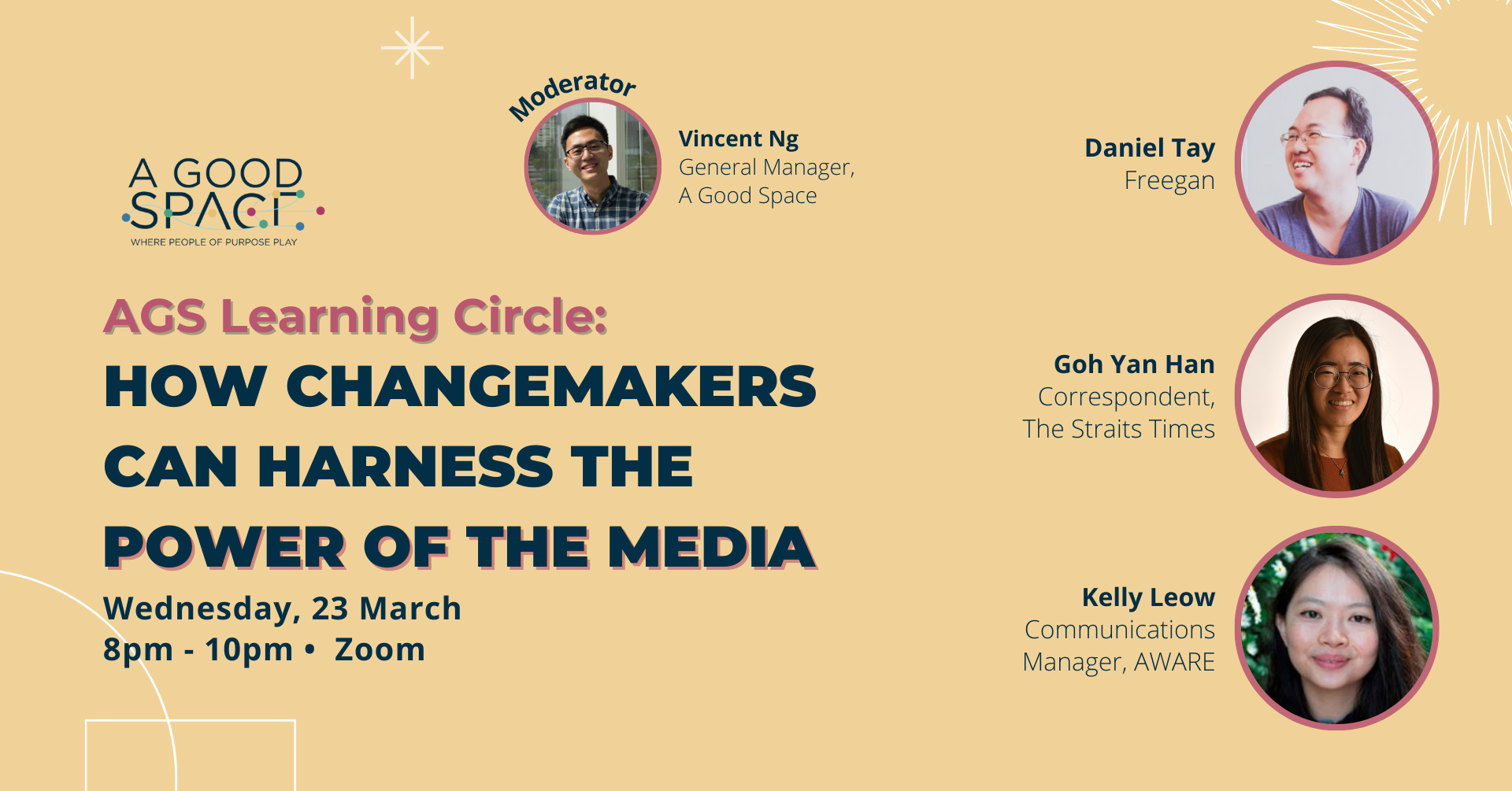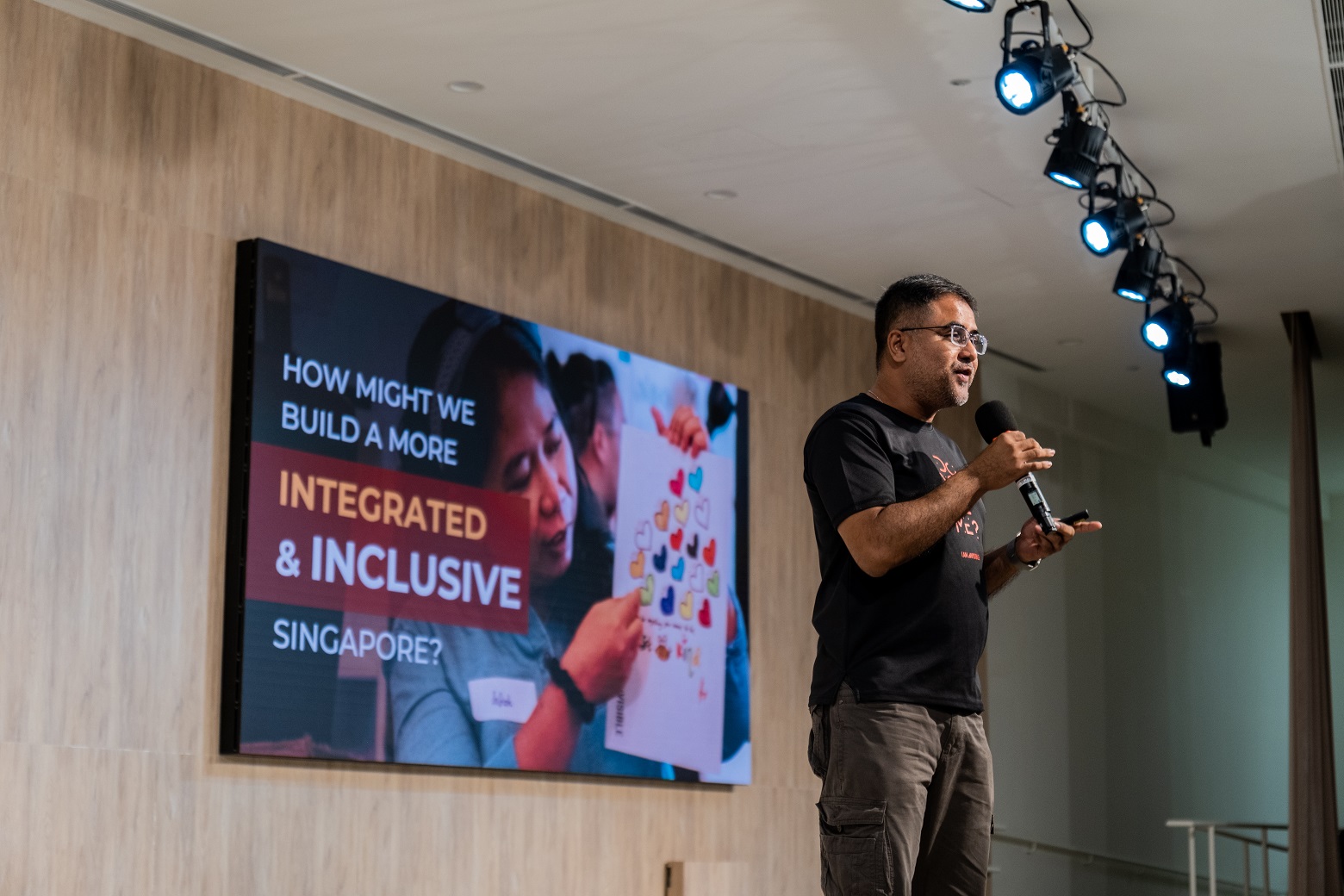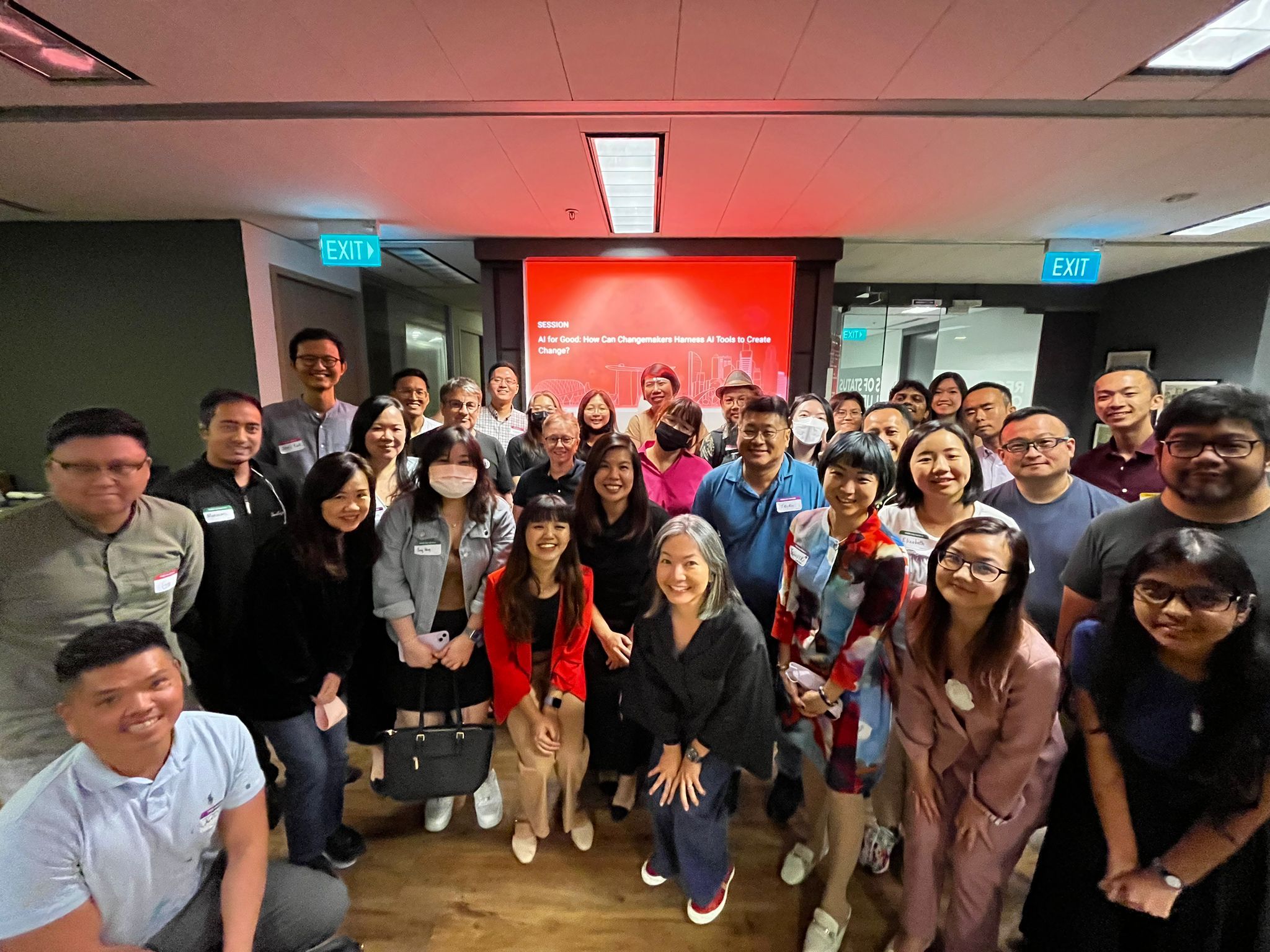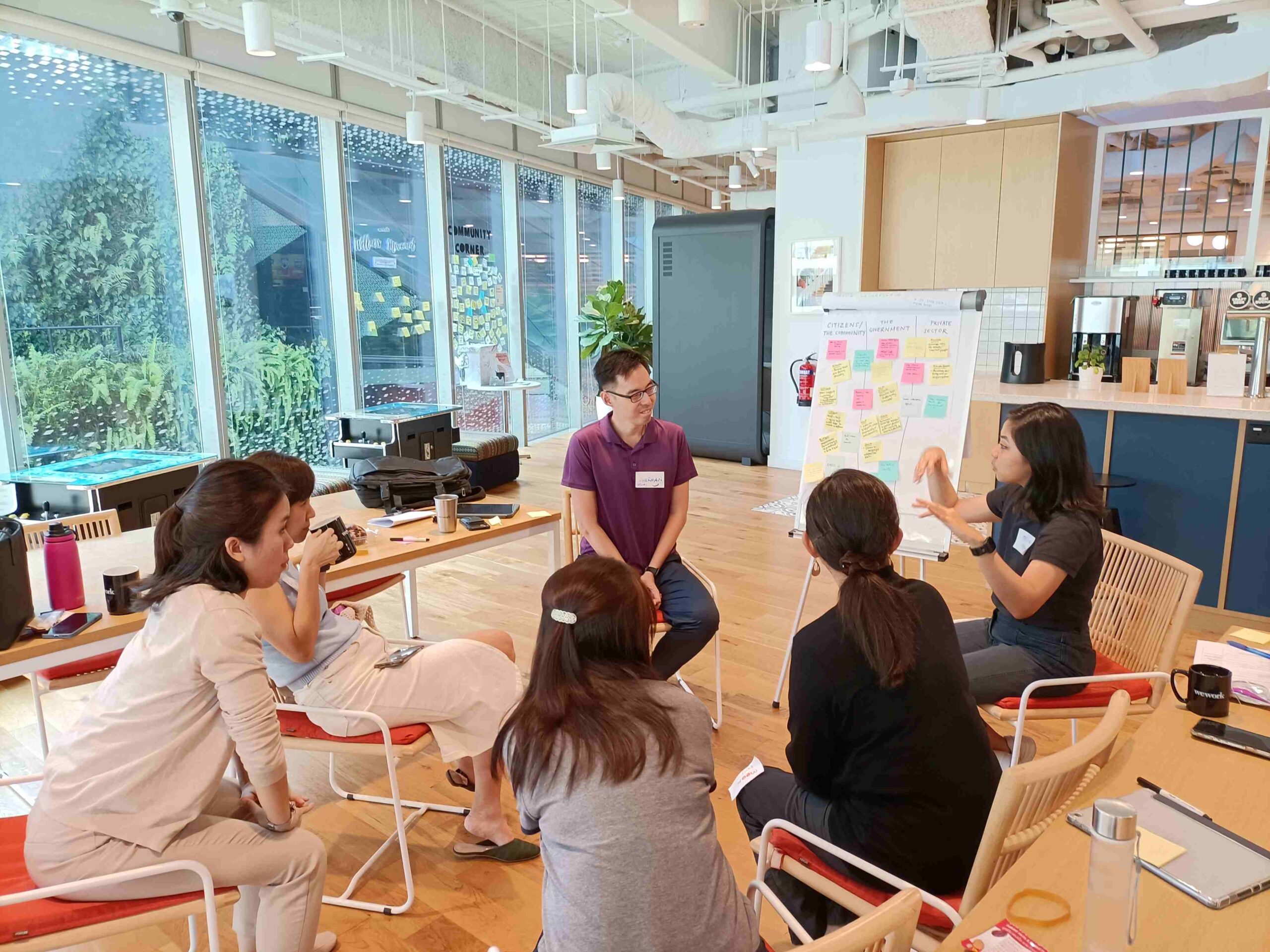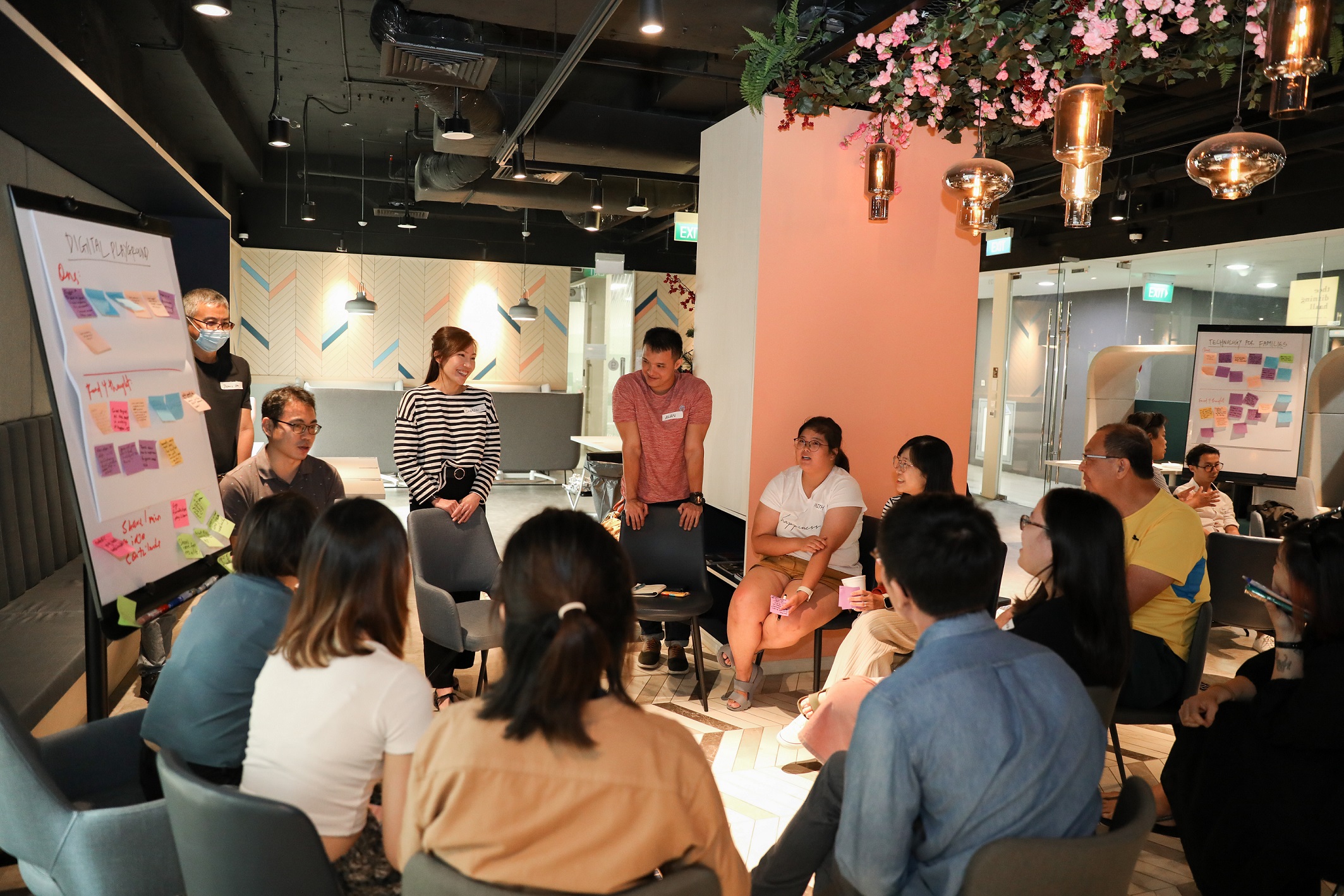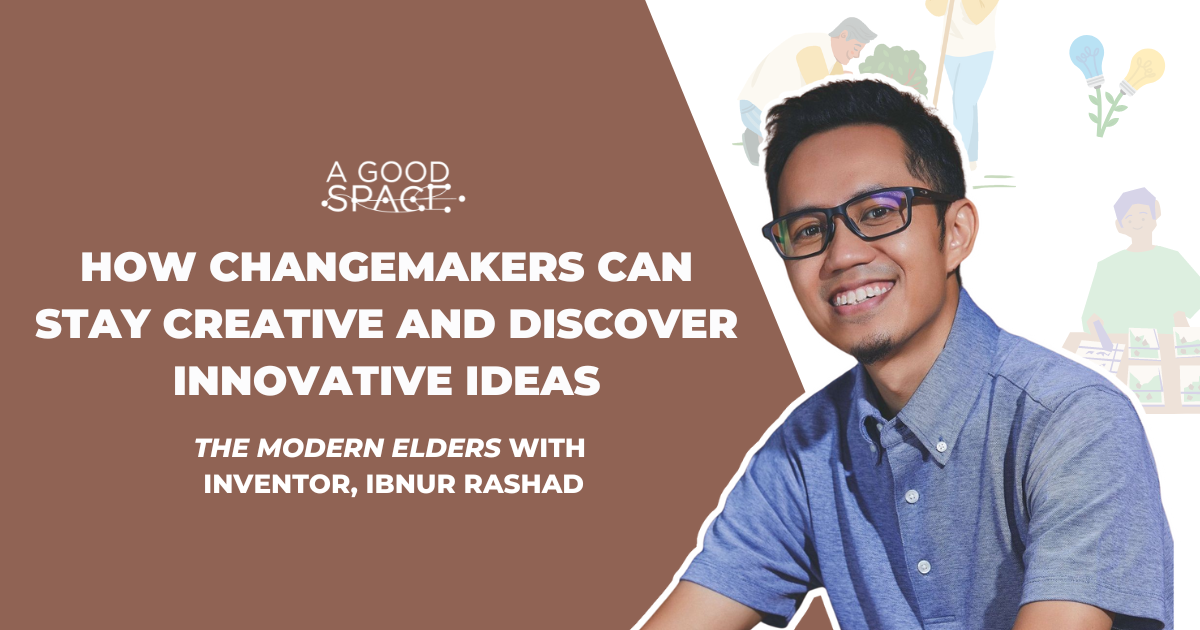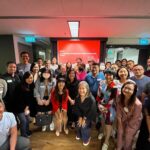“This Man Eats Leftover Pizzas From Trash Cans,” reads a headline for a Rice Media story about Daniel in 2017.
In the four years since, Daniel has given two TEDx Talks, appeared in two of Nas Daily’s videos, been interviewed by Cleo magazine among others, and has appeared on television and newspapers, amassing over 100 online mentions!
For any changemaker, harnessing the media can mean rallying more volunteers, funders and people to your cause.
In Daniel’s case, the media attention he gained grew his Facebook group Freegan in Singapore from 300 members to its current 9,900.
But we understand it’s time-consuming to engage your followers and figure out how social media platforms work. That’s why people pay for professional public relations and social media marketers.
Thankfully, Daniel’s experience having been on both sides of media interviews has made him something of an expert at packaging stories for journalists.

I interviewed him to bring you these tips from how to get featured, dealing with journalists, and maintaining an authentic narrative of yourself.
Have an emotionally compelling story
“Facts tell, stories sell.”
As someone who has worked in the media industry for five years, Daniel knows storytelling. A cursory glance through his social media demonstrates this.
From his Covid Chronicles, to the adventures of the KampungBishan community van, Kaybie, Daniel has found that personal stories are more engaging because they connect you with your audience’s shared humanity.
Stories that expertly evoke joy, sadness, anger, pain or grief will never be boring because they are emotions that we all experience — so use that to your advantage!
Whether it’s through a video or written post, it is helpful to frame your marketing strategy as one human telling a story to another human.
We also wrote an article recently on creating compelling narratives for change, which you can read here!
Getting featured
Media outlets receive thousands of requests daily, how do you get your story to stand out?
Once you have crafted your story – your ‘why’ for doing what you do, keep telling it to anyone who will listen. Perfect your storytelling till it comes out naturally. The more people that hear your story, the more likely it is to be picked up by the media.
Because if you don’t tell your story, who will?
It’s important to make that story interesting, unconventional, and even sensational, which seems to come naturally to Daniel. You have to be newsworthy to be of interest to the media outlet’s audience.
Build your brand
Daniel also spoke about the importance of building your personal brand. If you are the founder or pioneer of an initiative, the reputation you build goes along with you in your change-making journey, and continues to develop as you engage with different reporters and media outlets.
To Daniel, there is bound to be an overlap between your personal journey and your social cause. Your story should include the answers to the following questions:
● How did you get into changemaking?
● What keeps you going?
● Why are you so passionate about this cause?
An indication of how adept Daniel at this was the fact that I left this interview with both the knowledge of how to engage the media and his change-making journey!
He managed to seamlessly weave in his own change-making journey and motivations into his answers even though the questions I prepared for him were much more focused on his experience with the media.
You can’t control the media
When media opportunities come your way, you need to handle reporters and manage expectations such that no one gets short-changed.
Daniel’s experience as a journalist shapes how he engages with the media.
For instance, he knew that reporters usually already have an angle for the story they want to tell before they even approach you. You have no control over that, but you can work with the reporter to ensure that you give them all the facts, because that is within your control.
If all the facts are correct and the way your story is portrayed still doesn’t sit right with you, Daniel suggests taking it as an opportunity to assess how you are portraying yourself — and is that who you really are?
If so, he asserts that you should not have to apologise for being your authentic self because that should always come first.
Help reporters do their job
Try to package the facts to make it easy for the reporter to tell your story. One way that Daniel uses to help save both his time and the reporters’ is to provide an FAQ on his personal website. He also provides a list of past media mentions where a curious reporter can find out more about what has been reported about him in the past.
In summary
In short, it’s important to have a compelling story about your personal change-making journey, one that taps into universal emotions. After figuring out that story, keep telling it consistently to get your story out there.
There are many things beyond your control when interacting with the press, but remember what you have autonomy over – the accuracy of the facts. Make it easy for the media to do their job.
Hopefully this article has given you some actionable steps to get your work or cause noticed by the media too!
This is the first part of a series we are calling The Modern Elders, where we invite seasoned changemakers across various issues and communities to share their experiences and impart their changemaking wisdom to other budding changemakers.
Through these articles, we hope to create a repository of wisdom that anyone with a heart for social issues can learn from and go on to do more for the communities and issues they care about.
Join our Learning Circle
Given the richness of my conversation with Daniel (much of which didn’t end up being in this article), we decided to open up the discussion by organising a Learning Circle.
We hope this creates a culture of peer-learning amongst changemakers on topics related to media, changemaking and more.
In order to demonstrate the different perspectives involved in creating a newsworthy story, we have also invited 3 different profiles to be on this panel including Daniel, a correspondent from The Straits Times and the Communications Manager of AWARE.
We promise you a meaningful discussion with our panelists, as well as an opportunity to share your own experiences and challenges with media engagement.
Sign up for the event here: bit.ly/AGSLC1

Sin Melia
Melia is a Digital Marketing Trainee at A Good Space. She is a big fan of mother nature, tiger balm and food tiktok. You can probably find her somewhere over-analysing a TV show or K-drama.
